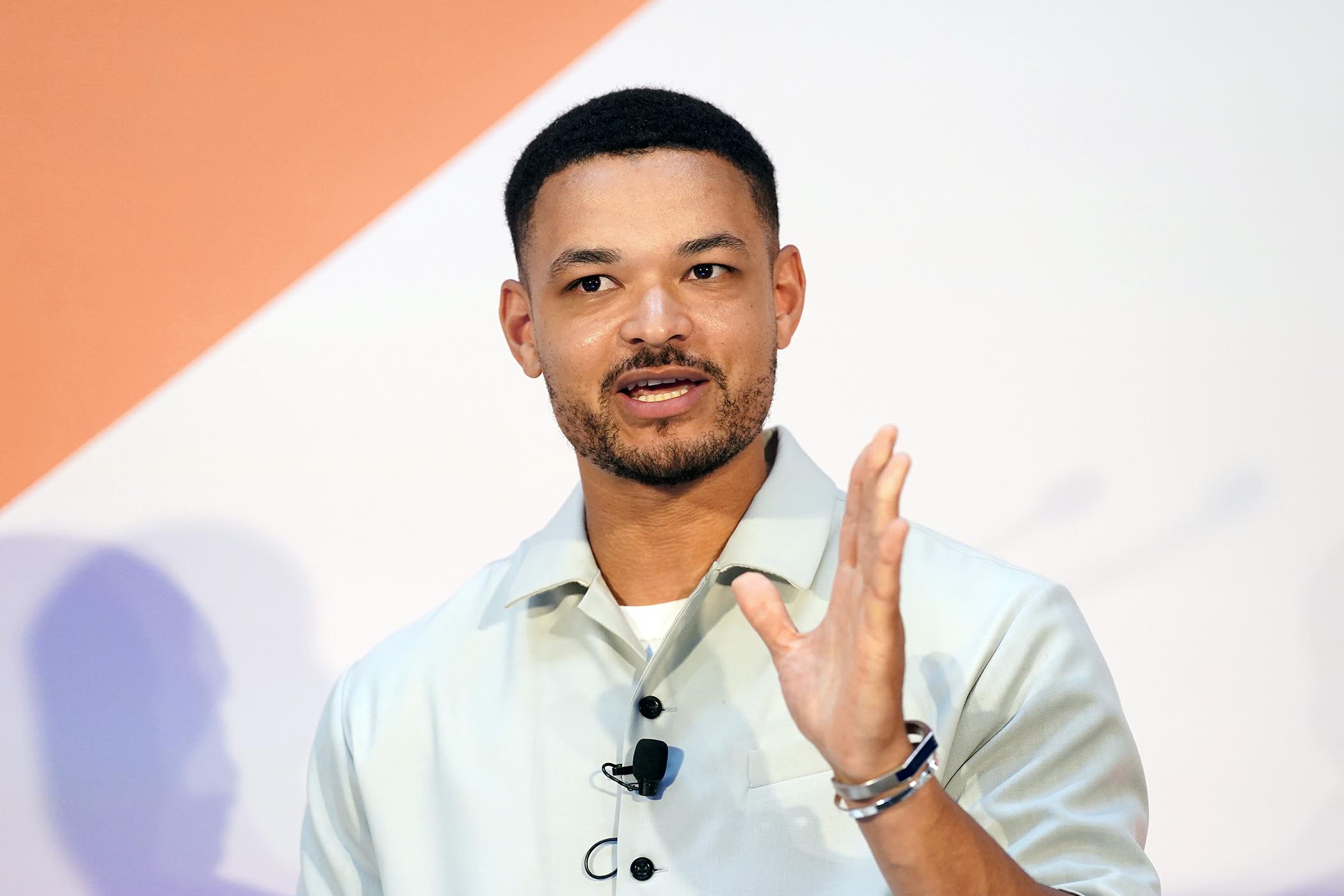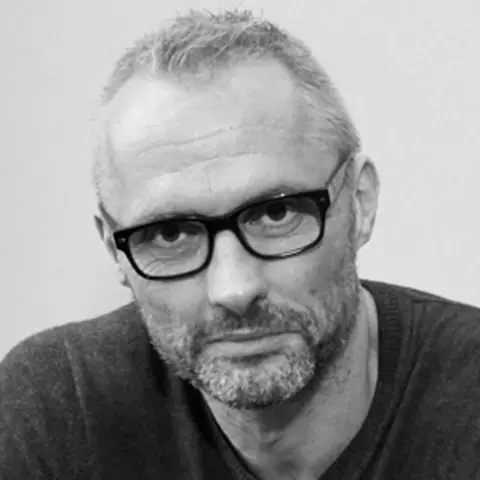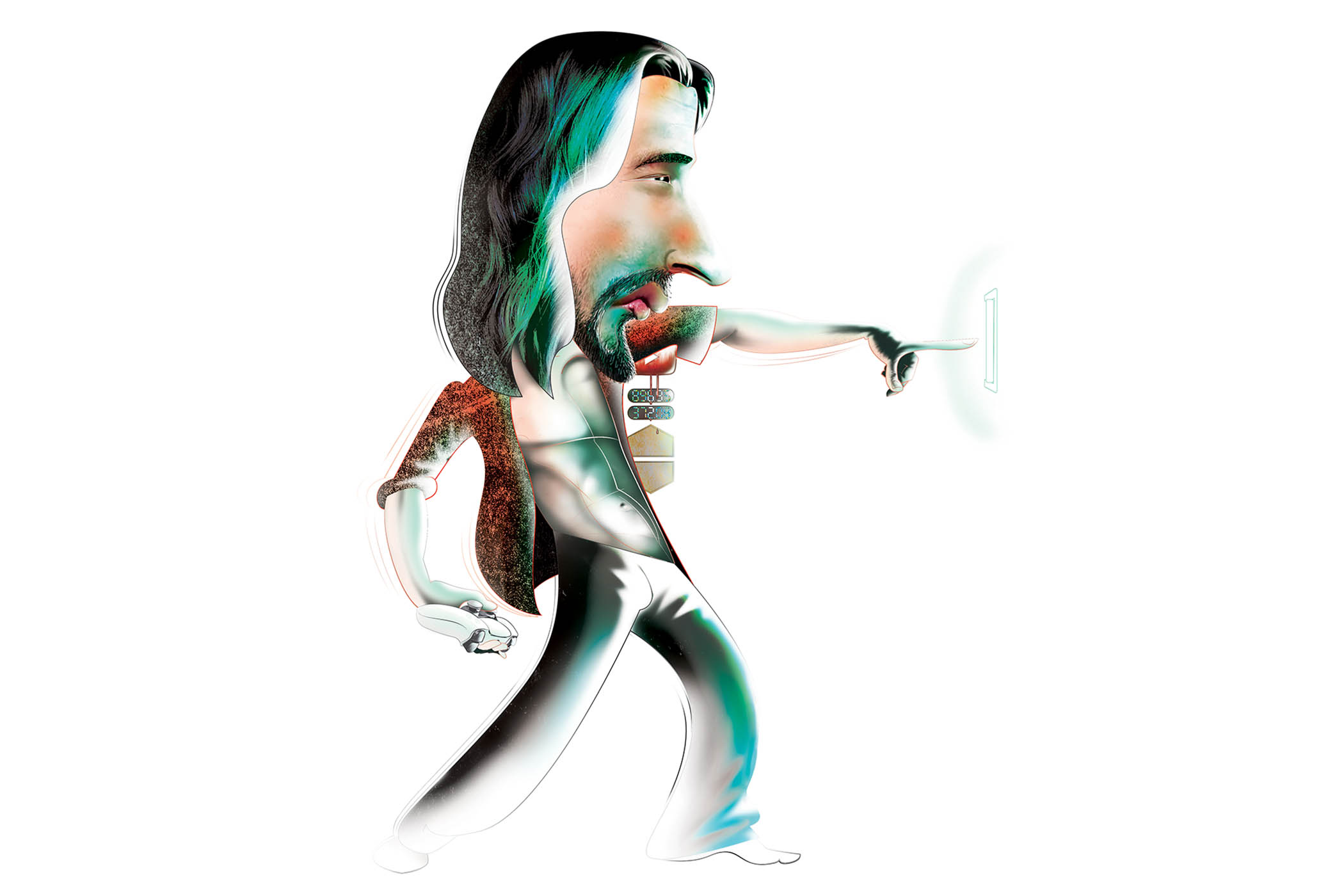When Steven Bartlett, Dragons’ Den judge and host of podcast The Diary of a CEO, raised an undisclosed eight-figure sum from venture capitalists and angel investors last week, it surprised the UK media. But for analysts, it was just the latest rush of capital towards the so-called creator economy.
Bartlett said when announcing the deal that he wants to be a modern Disney, “but in our world, the IP is not a fictional character. The creator is the new franchise.”
Content creators are an increasingly valuable commodity, with revenue from ads, brand deals and sponsorships expected to increase by 20% this year, according to WPP Media, attracting more revenue than traditional media in the agency’s estimate. This is expected to more than double to £286bn by 2030.
“Advertising returns have declined and there’s a lot of brand frustration with social advertising,” says Charles Nicholls, co-founder and CEO of SimplicityDX, which links creators directly with brands. “Fee returns going down, cost per 1,000 impressions are going up. Creators offer content which is more authentic [and] drives better conversions.”
Ed Waller, editorial director of C21Media, says the path from influencer to production company owner is now well-trodden: “Whether it’s Bartlett or MrBeast or Dhar Mann, who’s built studios in Burbank … the VC, private equity world has seen that creators are sophisticated operations who can be bought a lot cheaper [than other production companies].”
Bartlett claims his deal is the largest ever European creator investment, but has not released the figures. While US creators like MrBeast and Dude Perfect regularly raise $100m or more in funding rounds, a few European creators have now claimed eight-figure deals, including YouTube gaming creator PewDiePie.
Bartlett received funding from Slow Ventures and the “doped” Olympics co-founder Christian Angermayer, as well as eight named and more unnamed angel investors, in his media and tech company steven.com, which combines his existing companies, FlightStory and FlightCast, his podcasting companies, and FlightFund – his own VC fund – in a single group now valued at $425m.
“Effectively they’re funding a holding company under which there are lots of portfolio companies, including a fund in its own right,” one VC observed. “You've got a funder funding a fund. It’s slightly weird.”
Some warn that committing so much capital to an individual’s brand carries “point of failure” risks. In one example earlier this year, YouTuber Yung Filly was dropped by Footasylum after he was charged with assault. Brands including Adidas, Coors and Heineken have faced similar reputation issues.
But Bartlett’s co-investors have overlooked claims by the BBC that he has helped to platform health misinformation. Last year he had a brush with the Advertising Standards Authority for not making it clear in his ads that he has business interests in Huel and Zoe.
Newsletters
Choose the newsletters you want to receive
View more
For information about how The Observer protects your data, read our Privacy Policy
Ben Woods, creator economy analyst at MIDiA, suggests the real value of Bartlett’s project lies in FlightCast, a podcasting platform that has “some very effective creator tools, which are very good at understanding and decoding audiences on social platforms and trying to get under the skin of how to maximise audience reach”. The Observer contacted Bartlett for an interview.
Despite Bartlett’s claim that “the creator is the new franchise”, the real value for VCs seems to lie in spin-offs, franchises, merchandise and formats that don’t require the individual creator to appear. In 2022, MrBeast raised $150m from Night Ventures to back his snack venture, Lunchables.
In 2024, YouTube creators Dude Perfect – a sports comedy troupe making elaborate trick-shot videos – raised over $100m, which helped fund, among other things, a cartoon series on Nickelodeon; and BuzzFeed sold its interview series Hot Ones to a consortium, including Soros Fund Management, which developed into a global TV franchise its formula of celebrities eating increasingly spicy chicken while answering questions.
Waller notes Hollywood is merging with creators, pointing to the hiring of NBC unscripted chief Corie Henson as president of Beast Industry Studios. “You’ve also got large production companies like Banijay using YouTube as a piloting platform,” he says. “Every new format or franchise on sale this year has been tested on YouTube. Creators do bring new audiences to TV, so I don’t think Bartlett will become the new Disney, but he may get a show on Disney+.”
Photograph by Dominic Lipinski/Getty Images



